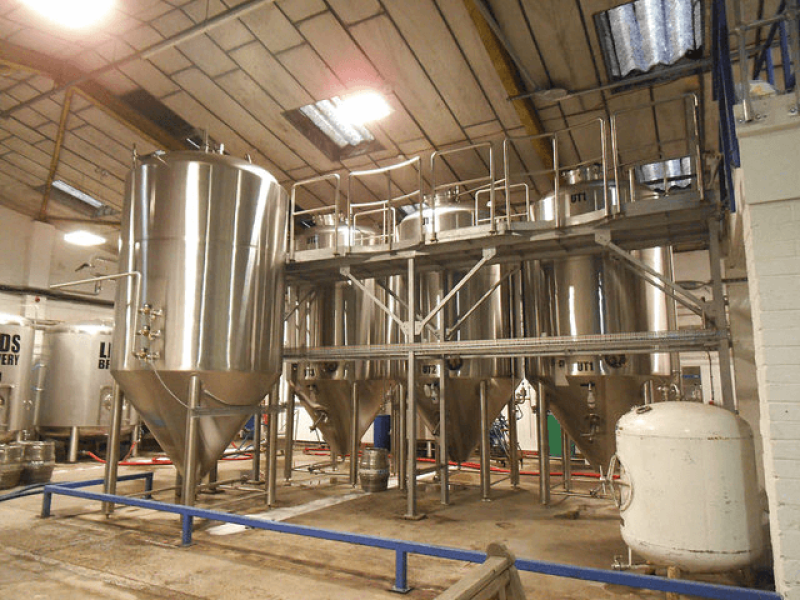According to reports, approximately one-third of food is wasted when it goes from farm to fork, which could otherwise feed more than a billion hungry people every year. In an effort to tackle food loss, researchers in Singapore have developed an efficient and sustainable method to convert agricultural waste into edible food.
Rich in cellulose, agri-food waste is fed into the biomass fermentation system, as a feedstock for the rapid growth of microorganisms that churn out single-cell proteins with a high nutritional value. Loaded with proteins, fats, carbohydrates and certain essential amino acids, these products can constitute the building blocks of alternative proteins—ideal for human or animal consumption.
Apart from creating foods that encompass a broad spectrum of nutrition, fermentation is also used to manufacture specific ingredients that serve a specific purpose. For example, fungi-based precision fermentation is used to produce next-generation, sustainable food dyes. The resultant dye has a stronger colouring power than natural colourants, making it more cost-effective since a lower dosing concentration is required to achieve a similar colouring effect. The process also has a lower carbon footprint since its water and land usage are lower than traditional methods of synthesising food colouring.































